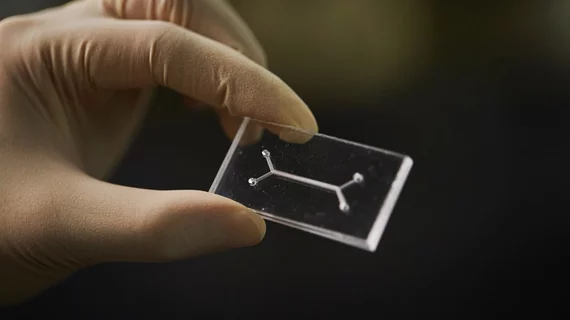Researchers receive funding to develop 'organs-on-chips'
Researchers from several universities are working together to develop human “organs-on-chips” after receiving millions in funding.
The Ulsan National Institute of Science and Technology (UNIST) and University of Ulsan in South Korea recently announced a research collaboration to develop organs-on-chips in an effort to reduce new drug discovery costs. Organs-on-chips were described as “miniature devices that recreate the natural physiological microenvironment of human cells within specific tissues and organs.”
“These devices can help study how drugs interact with specific human organs and have the potential to predict the activity and toxicity of drugs better than using animal models. Each organ-on-a-chip can then be linked to others to investigate systemic drug effects,” a press release said.
The research initiative is happening thanks to millions in funding from the South Korean government and several universities.
The UNIST-WFIRM-UniBasel Organ Mimetic Research Center will receive 3.3 billion KRW ($2.9 million) in funding from the South Korean government over the next six years for the research project.
The University of Ulsan will contribute a total of 600 million KRW ($533,367); the Wake Forest Institute for Regenerative Medicine will contribute $3.3 million; and the University of Basel will contribute $2.97 million.

